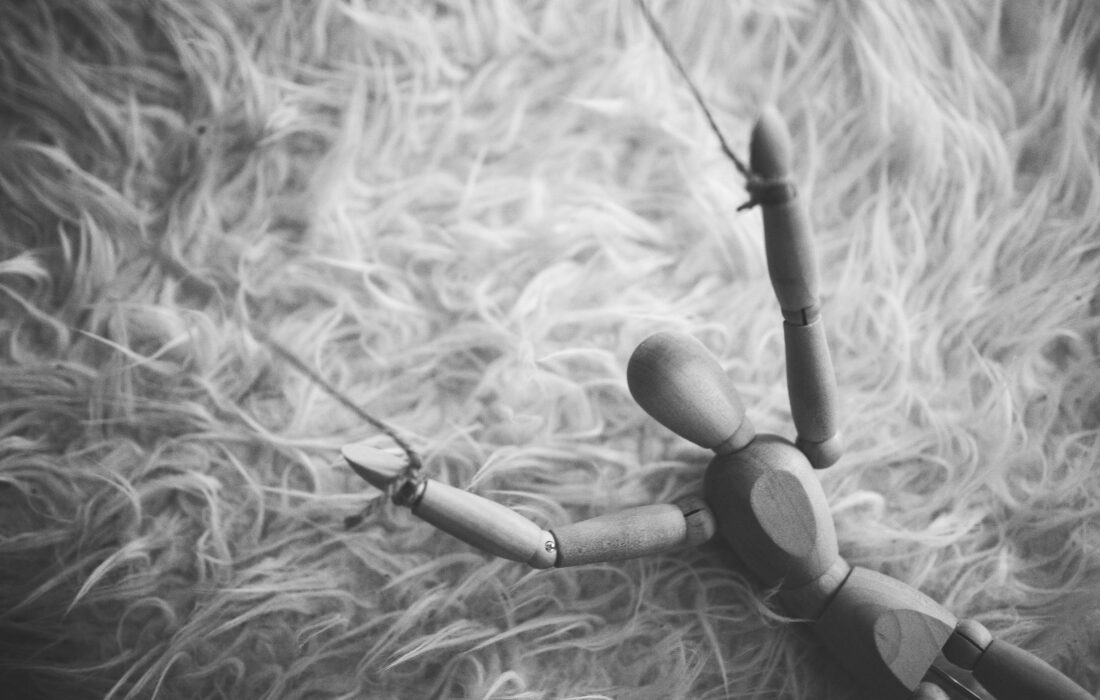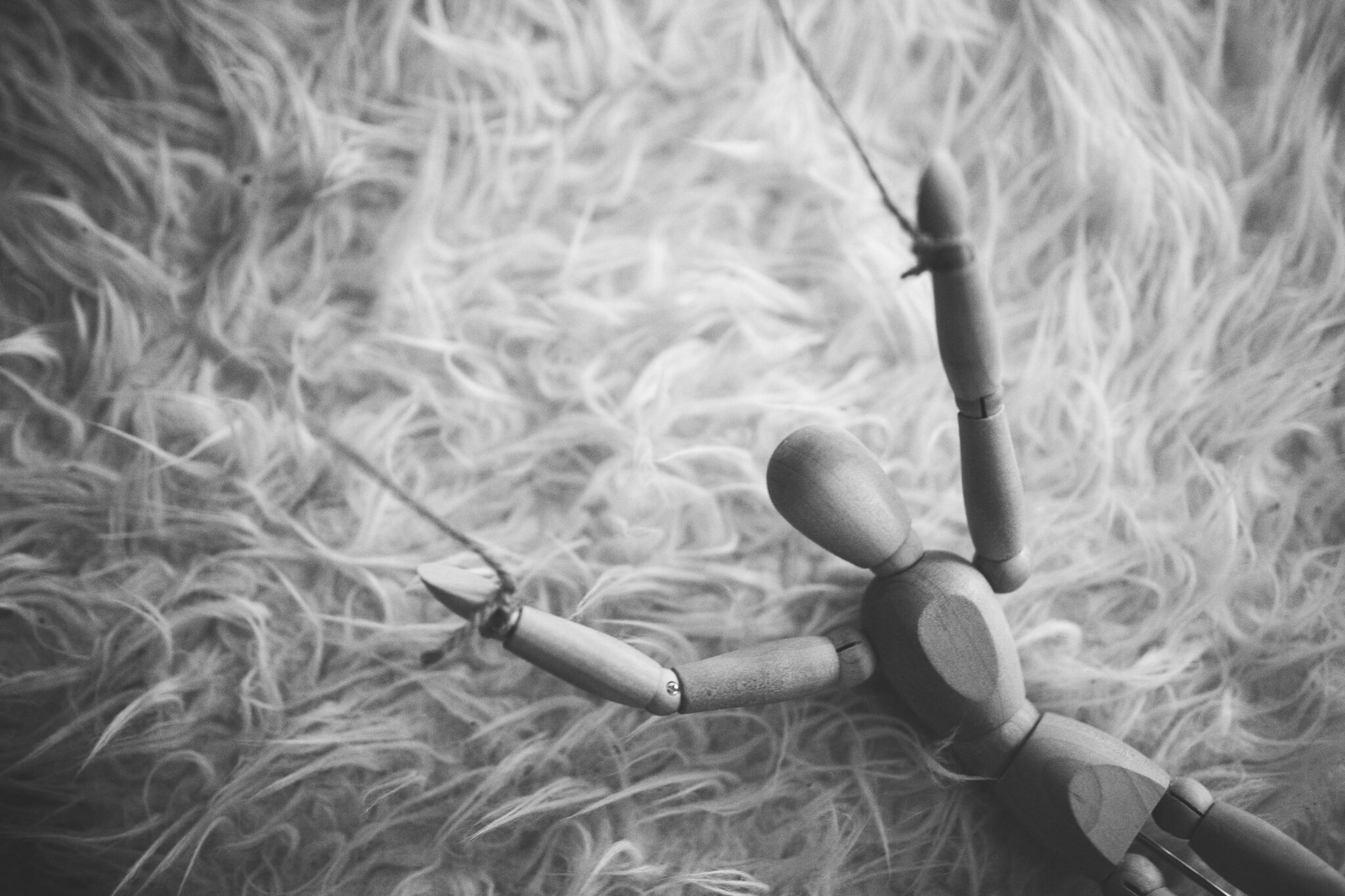
“The only thing necessary for the triumph of evil is that good men do nothing.”
Edmund Burke
If you have grown up (raised yourself) in a narcissistic ‘family’, then you may have come to realise the disordered dynamic between your so-called parents, was that one was the narcissist and the other, their enabler.
The narcissistic parent holds the power and authority, while the enabler is subservient to them and supports whatever the narcissist does as this maintains the status quo in the relationship. The enabler will do and say whatever it takes to make the narcissist happy.
Enablers are weak cowards. The enabler would rather protect themselves than stand up to the narcissistic bully, or protect their children. They will benignly stand by while their children are being abused by the narcissist, who has no empathy, or will actively join in to abuse the child as well. The enabler’s complicity with the narcissist maintains harmony within their relationship, at the expense of the child/children.
So, the enabler does not step in to protect the child from the abuse, nor do they stand up for themselves and confront the narcissist. The enabler is passive, and will never intervene to provide care and support for the child. They merely accept or allow what happens, or what the narcissistic other does, without an active response or resistance. They don’t have the child’s back, and can express blank faces and dead eyes if the child is beseeching them for help. The child learns to be invisible, to stay out of the way, and not to be a burden on the parents.
The enabler will often make themselves scarce from the household and become, for example, a workaholic, alcoholic, or occupy themselves with household tasks and duties, and have affairs (often finding themselves in the same disordered dynamic with another narcissist). Their participation in the child’s life is limited, only intervening to endorse the narcissist’s abuse of the child. In effect, they ‘gang up’ on the child. The enabler has no anger in their own right, they enmesh with the narcissist’s rage, especially when the narcissist’s entitlement needs aren’t met.
Scapegoat child:
In particular, if you were ascribed the scapegoat role in the dysfunctional narcissistic family, then you would have borne the brunt of abuse from the narcissistic parent. That parent projects their toxic shame on to the scapegoated child. The child is blamed and shamed for things that do not belong to them, in fact, they belong to the narcissist. For example, being yelled at to, “act your age”, “grow up”, and “you should know better” when the child has no idea what that even entails, is typical of narcissistic projection. The child then learns to internalise the toxic shame, and the belief that they don’t deserve to be protected. The child can feel invalidated, unworthy and defective, and can experience low self-worth, low self-esteem and low self-confidence which continues into adulthood.
Whilst enablers seem quite healthy on their own, when they are with a narcissist, it is a different story. They seem like a victim of the narcissist too, however they take the path of least resistance, and give the narcissist more power by supporting and therefore condoning their abuse. They are their puppet.
The best thing the child can do is go No Contact with both of them, or go Low Contact if No Contact isn’t possible for any reason. Whatever the case, it is important to set healthy boundaries with them.
To answer the question whether enablers are just as bad as the narcissist, then it’s YES.

